E-One Moli Energy gets $4.8 billion from Canada for low-carbon battery cell plant
E-One Moli Energy gets $4.8 billion from Canada for low-carbon battery cell plant
2023.11.15
-
Copied
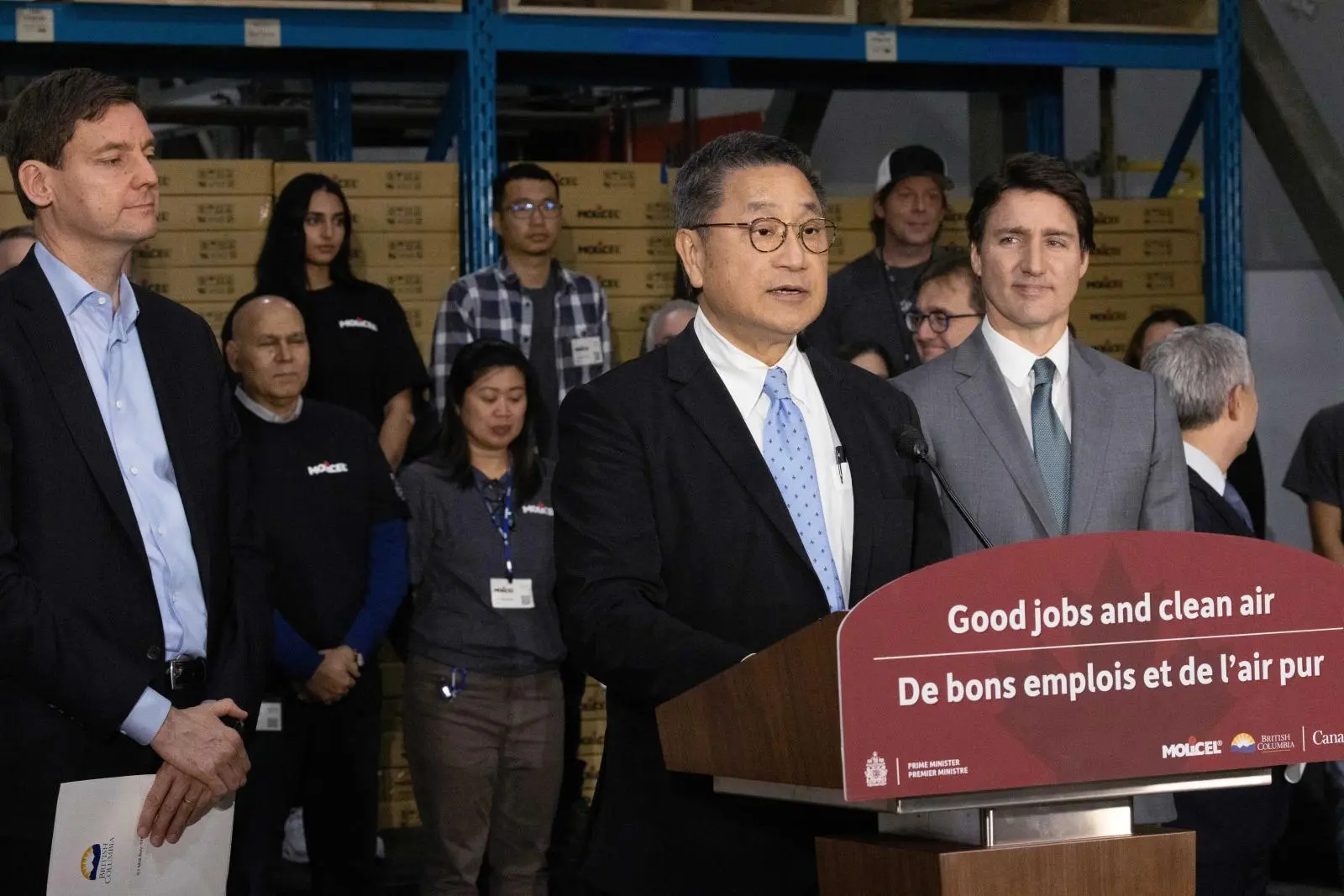
Canada's Prime Minister Justin Trudeau announced on the 15th that the Canadian government will fund E-One Moli Energy, a subsidiary of Taiwan Cement Corporation (TCC), to build Canada's largest high-performance ternary lithium battery cell plant in Vancouver. The plant is expected to start construction in 2024 and start production in 2028, with a capacity of 2.8 GWh, producing 135 million cylindrical ternary lithium batteries per year. It will also become the world's first low-carbon, high-power battery cell plant that uses 100% green power. E-One Moli Energy's Canada plant will invest NT$25.5 billion, of which one-fifth will be funded by the Canadian government through the Strategic Innovation Fund (SIF) under the Net Zero Accelerator (NZA) program, providing E-One Moli Energy with nearly NT$4.8 billion in funds. The local power company BC Hydro will also specially build a transmission and distribution network to introduce hydropower into E-One Moli Energy's Canada plant. It is expected to produce "next-generation high-efficiency ternary lithium-ion batteries" in 2028, reducing carbon emissions by nearly 50% compared to most batteries made in Asia and having high energy density and high discharge power. At the moment, when the European Union implements the battery law that focuses on the carbon footprint of products, global benchmark battery manufacturers such as LG and CATL (Contemporary Amperex Technology Canada Limited) are planning to produce pure green power batteries. E-One Moli Energy's overseas new plant investment fits TCC's group strategy of low-carbon and global energy transition. It takes Molicel a big step towards becoming a global battery brand.
Canadian Prime Minister Trudeau, accompanied by Canada's Minister of Science and Industry François-Philippe Champagne and British Columbia Premier John Horgan, personally visited E-One Moli Energy's base in Vancouver and jointly announced the investment case for Canada's largest high-performance lithium battery cell plant. TCC Chairman Nelson Chang and E-One Moli Energy General Manager Casey Shiue also attended the event to witness this historic moment. Canadian Prime Minister Trudeau described it as "climate policy is economic policy": "When we support E-One Moli Energy to build a battery cell plant, we strengthen Canada's role as a global leader in clean technology, create good job opportunities, and also help keep our air fresh and pollution-free." TCC Chairman Nelson Chang said: "Molicel, as the creator of the world's first commercialized lithium metal battery, has always been committed to innovation, creativity, and social values. We are delighted to return to Vancouver, the origin of Molicel, as the new center of Molicel's green energy plan." Chang said, "We will work with our Canadian partners to produce true green batteries, responding to British Columbia's comprehensive green energy renewable hydropower plan. We believe that reducing carbon dioxide is the key to the success of all enterprises in the future." Chang also emphasized: "TCC not only stands for Taiwan Cement Corporation but also symbolizes Total Climate Commitment and Total Care Commitment. I believe that measuring life depends on how we live today, the memories we leave behind, and how future generations remember us. Let us work together to protect the environment so that our descendants can continue to enjoy nature's magic and all the benefits. In this global climate change trend, let us join hands and make important changes for all life on this beautiful blue planet."
Regarding the construction of the Canadian plant, in addition to the Canadian government's injection, TCC will raise NT$10 billion by itself, and the rest will be obtained through bank loans and the introduction of strategic investors. E-One Moli Energy is still negotiating with the local government for other subsidies. E-One Moli Energy's Canada battery cell plant will be built on its land in Vancouver, where there are nearly 100 E-One R&D and marketing teams. Vancouver is the preferred location for technology companies in Canada, with Amazon, Samsung, Microsoft, and other companies setting up factories here. Well-known car manufacturers such as Mercedes-Benz and Volvo also research hydrogen fuel cells here. E-One Moli Energy's Canada plant is expected to create 450 new energy high-end talent job opportunities for the local area after it starts production. The Canadian government has been promoting the Net Zero Accelerator (NZA) program since 2020, hoping to attract forward-looking enterprises to participate in Canada's decarbonization project and achieve Canada's goal of reducing greenhouse gas emissions by 40% to 45% by 2030 and reaching net zero emissions by 2050.
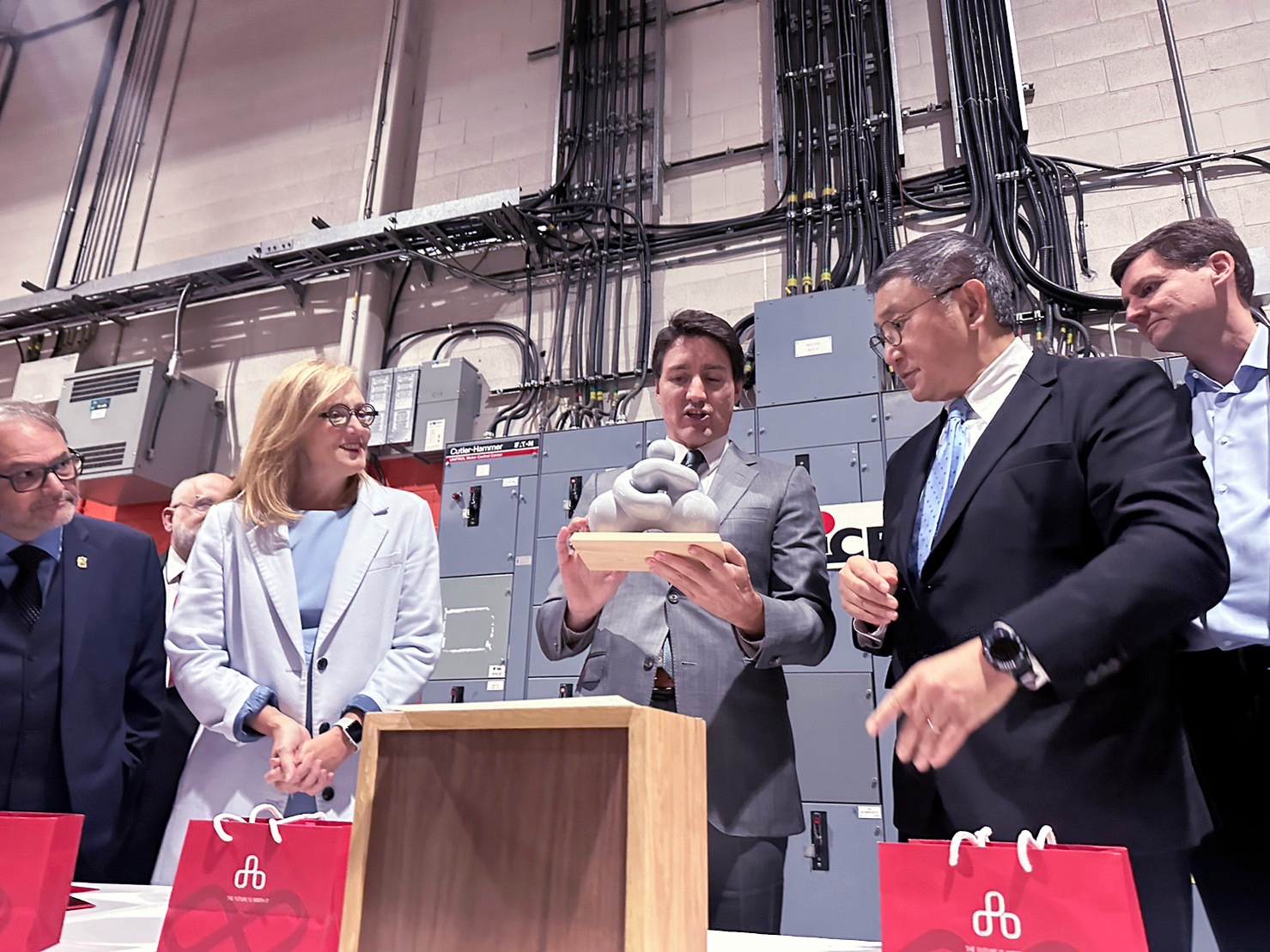
More Related Information
-
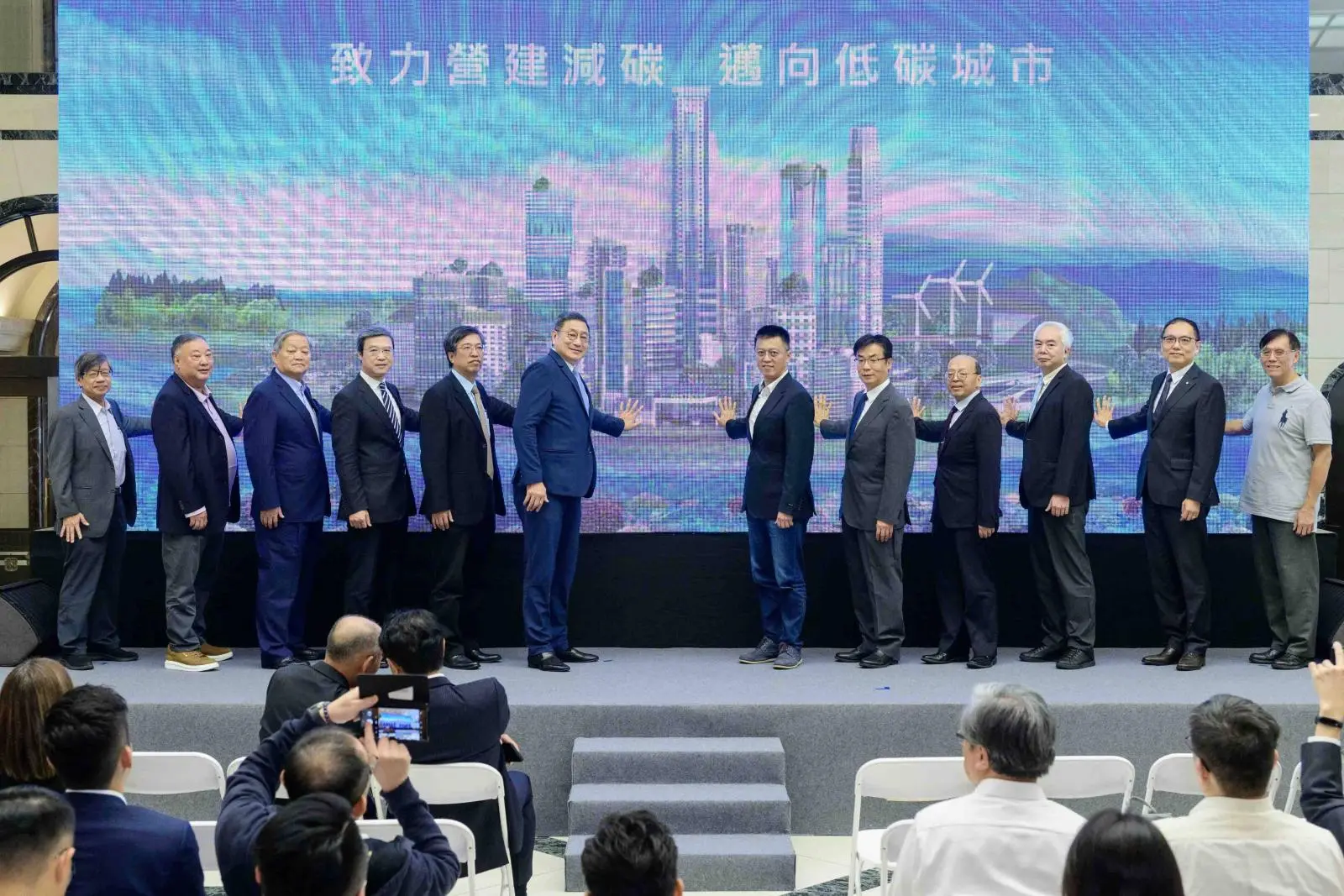 2023.10.30TCC Launched the Total Climate Series of Low-carbon Construction Materials
2023.10.30TCC Launched the Total Climate Series of Low-carbon Construction Materials -
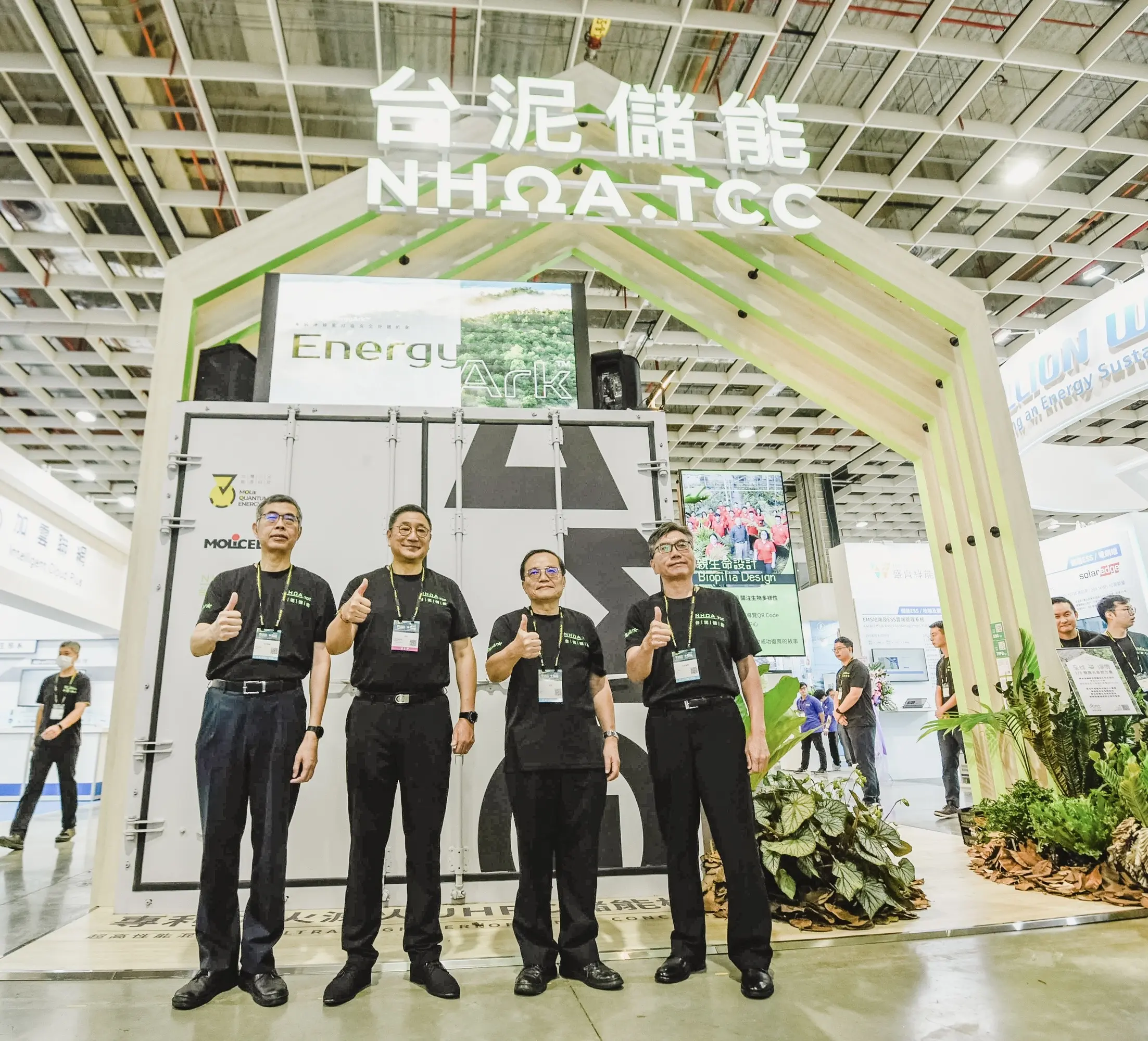 2023.10.18The World’s First Energy Storage Cabinet, Energyark, Combines Low-Carbon Construction Materials and New Energy Sources for Safe Energy Storage
2023.10.18The World’s First Energy Storage Cabinet, Energyark, Combines Low-Carbon Construction Materials and New Energy Sources for Safe Energy Storage -
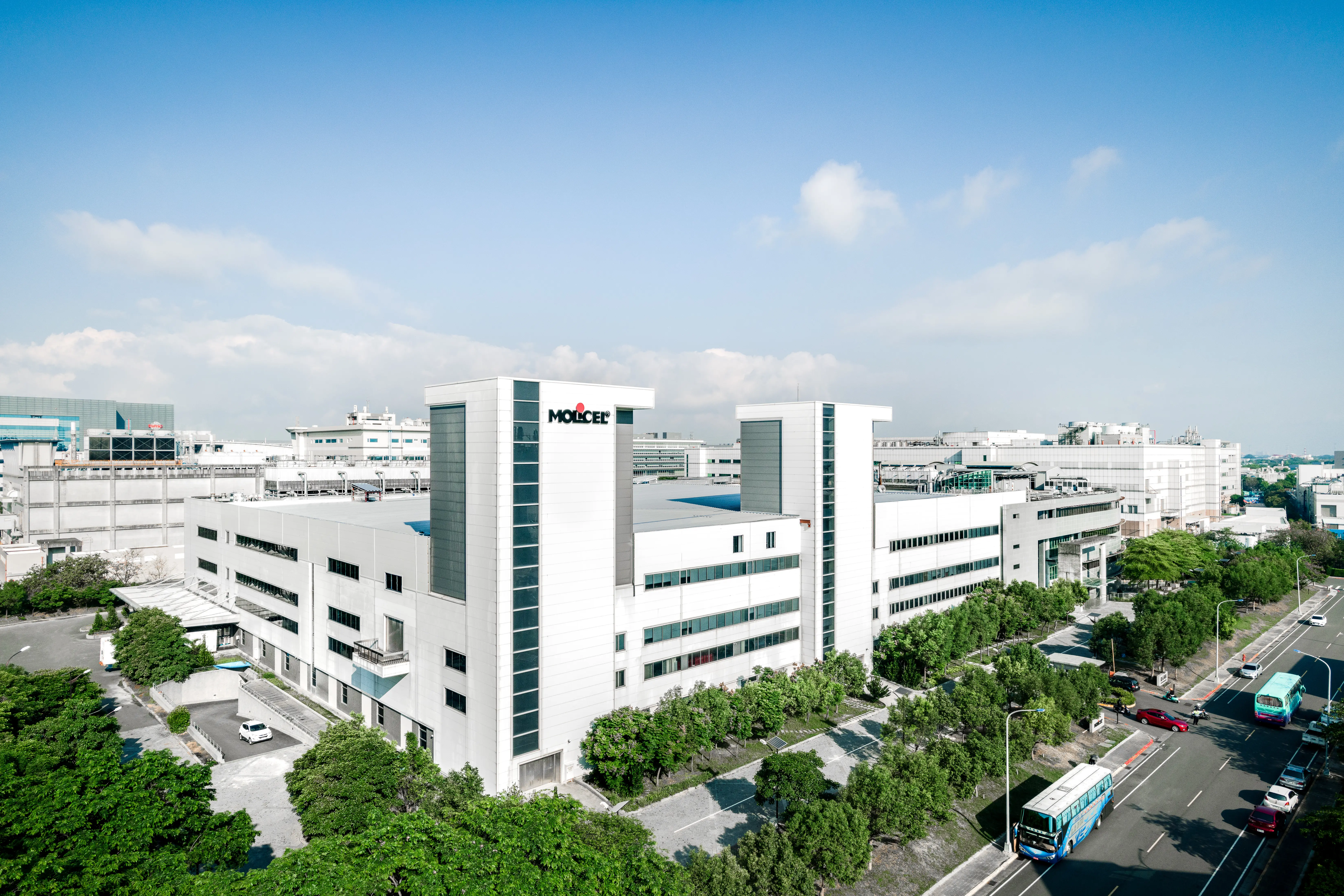 2025.07.16E One Moli Corporation Running at Full Capacity to Take Over Global Clients; International Credit Rating Agencies Assess Minimal Impact on TCC; Insurance Claim Process Initiated.
2025.07.16E One Moli Corporation Running at Full Capacity to Take Over Global Clients; International Credit Rating Agencies Assess Minimal Impact on TCC; Insurance Claim Process Initiated.


